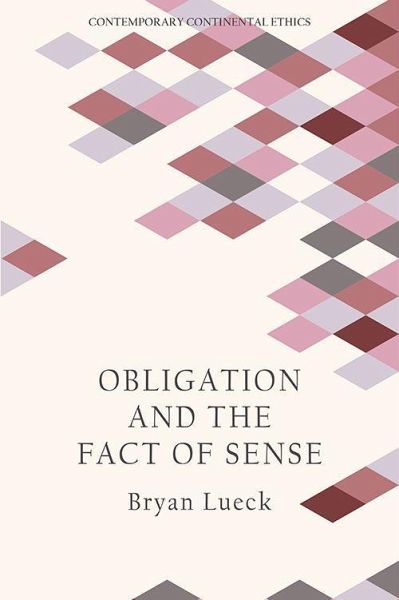
Obligation and the Fact of Sense
Versandkostenfrei!
Versandfertig in über 4 Wochen
30,99 €
inkl. MwSt.
Weitere Ausgaben:

PAYBACK Punkte
15 °P sammeln!
A substantially new account of obligation, inspired by major thinkers in the Continental tradition Bryan Lueck offers a substantially new solution to a classic philosophical problem: how is it possible that morality genuinely obligates us, binding us without regard to our perceived or actual well-being? Lueck builds on Immanuel Kant's fact of reason - the idea that being a moral subject presupposes one's having accepted the bindingness of obligation always already - showing that it must be rethought as the fact of sense. Staging a fruitful dialogue between the analytic and Continental philosop...
A substantially new account of obligation, inspired by major thinkers in the Continental tradition Bryan Lueck offers a substantially new solution to a classic philosophical problem: how is it possible that morality genuinely obligates us, binding us without regard to our perceived or actual well-being? Lueck builds on Immanuel Kant's fact of reason - the idea that being a moral subject presupposes one's having accepted the bindingness of obligation always already - showing that it must be rethought as the fact of sense. Staging a fruitful dialogue between the analytic and Continental philosophical traditions, while reflecting specifically on the work of Hegel, Merleau-Ponty, Serres and Nancy, Lueck offers a creative approach to the problem of obligation, bringing vital new perspectives to bear on a long-standing philosophical problem. Bryan Lueck is Associate Professor of Philosophy at Southern Illinois University Edwardsville













